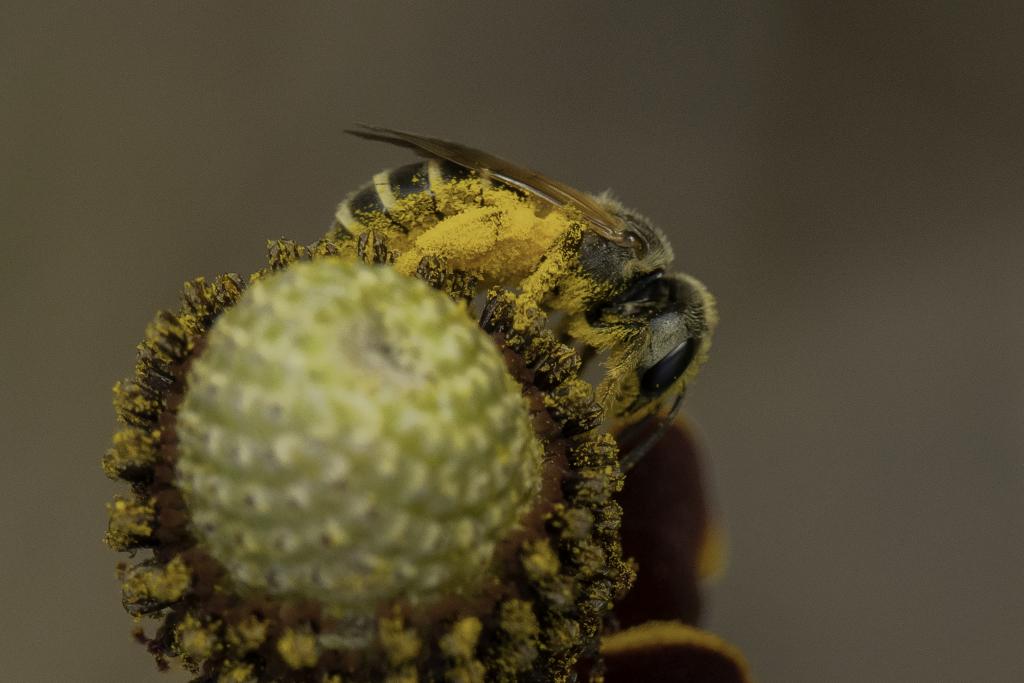Native bees are pollinator powerhouses
Benefits of Native Bees
Did you know Texas is home to over 800 species of native bees? These include bumblebees, carpenter bees, mason bees, sweat bees, leafcutter bees, and mining bees—just to name a few!
Native bees are amazing pollinators. In fact, scientists say they can be up to 300 times better at pollinating than the more familiar European honey bees. That’s because they visit more flowers in less time, and their bodies are built to move pollen more effectively. They also keep working in windier and cooler weather, which means they help produce more seeds, fruits, and vegetables.
But that’s not all—native bees are also safer to be around. Most of them live alone, so they don’t have a hive to protect. That means they’re gentle and not aggressive. Many can’t sting at all, and those that can usually only sting if they’re accidentally squished. Even then, their sting is milder than a honeybee’s and isn’t known to cause serious allergic reactions like anaphylaxis.
Because of this, native bees are a great way for kids (and adults!) to watch and learn about pollinators up close—without worry.

